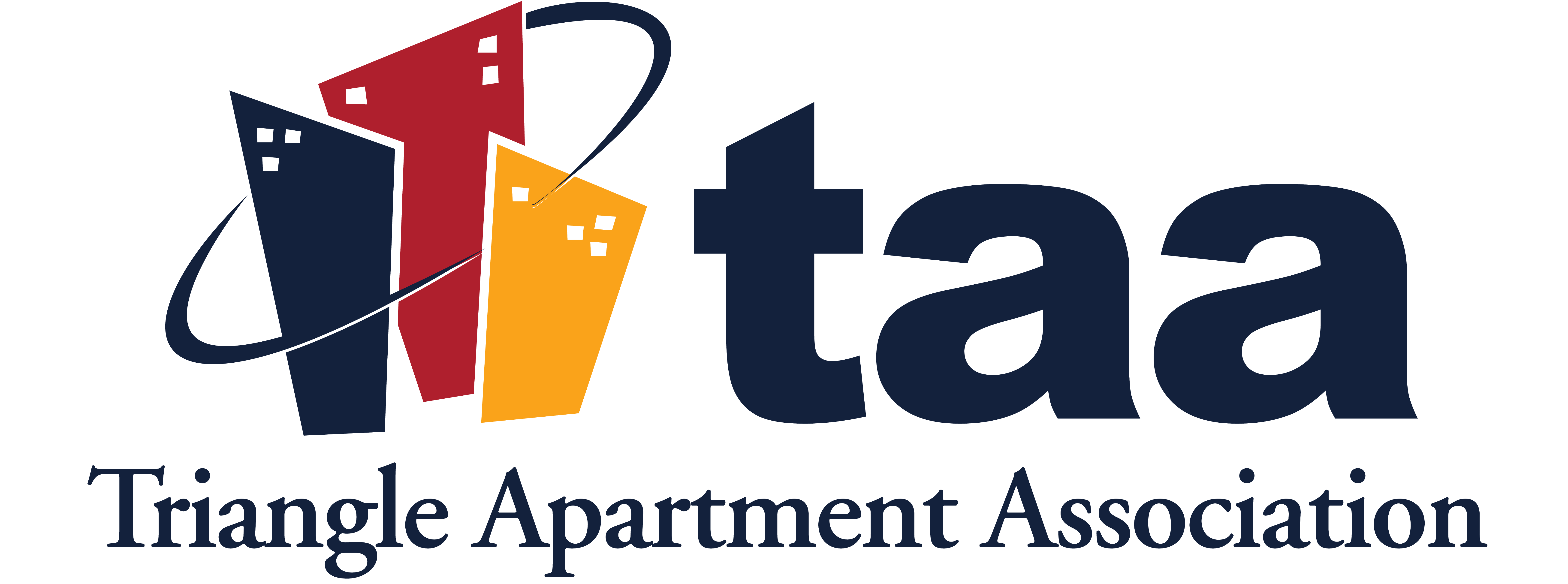COVID-19 Infected Residents: A Landlord’s Potential Liability to Residents
By: Brownlee Whitlow & Praet, PLLC
In this article, we touch on the potential liability of a property owners and operators (collectively referred to herein as “landlord”) for injuries or damages due to hazardous conditions on the property.
Landlords owe a statutory duty of care to residents pursuant to the North Carolina Residential Rental Agreement Act. Among other duties, landlords must “make all repairs and do whatever is necessary to put and keep the premises in a fit and habitable condition” and must “keep all common areas of the premises in safe condition.”
In addition, North Carolina case law imposes upon landlords a standard of “due care” or “ordinary care” which is the degree of care that a reasonable and prudent person would use under the same or similar circumstances to protect oneself and others from injury or damage. Failure to meet this standard is negligence.
Essentially, in addition to the duty to residents to keep the premises in a fit and habitable condition and to keep all common areas in safe condition, landlords have a duty to residents to use reasonable care not to unnecessarily expose them to a dangerous situation and to give them adequate warning of hidden hazardous conditions that are known or should have been known to the landlord had they exercised reasonable care.
Note that a landlord can be held liable for its own negligence and sometimes for its property manager/operator’s negligence. Also, a property manager/operator can be held liable for its own negligence.
Although lease agreement forms may include a waiver of negligence provision, it is unlikely that a court will find that your negligence can be waived. Courts will generally not enforce a resident’s promise not to sue you for your negligence.
So, how do you adequately warn of a hidden danger? Generally, a warning is adequate when, by placement, size, and content, it would bring the existence of the dangerous condition to the attention of a reasonably prudent person. However, the landlord does not have to warn about concealed conditions of which they have no knowledge and of which they could not have learned by reasonable inspection and supervision. Rather, a landlord is held responsible for knowing of any condition which a reasonable inspection and supervision of the premises would reveal. A landlord is also responsible for knowing of any hidden or concealed dangerous condition which the landlord’s own conduct (or that of its agents or employees) has created.
A dangerous condition can be caused by a third party or some outside force rather than the landlord. In such case, if the dangerous condition exists long enough for the landlord to have discovered it through reasonable inspection or supervision, the landlord’s failure to use ordinary care to remedy the condition or to give adequate warning of it would be negligence.
Generally, in order for a resident to be successful in a negligence action against a landlord, the resident would not only have to prove negligence, but they would also have to prove that such negligence was a proximate cause of their injury or damage. Essentially, proximate cause is a cause which, in a natural and continuous sequence, produces the injury or damage, and is a cause which a reasonable and prudent person could have foreseen would probably produce such injury or damage.
What if a landlord discovers that a resident has contracted COVID-19? Obviously, a resident infected with COVID-19 is not a defect that can be cured by a landlord. However, although this is a new area of law, it is possible that a court could find that the landlord should give adequate warning to other residents without disclosing the identity of the infected resident. When you give the warning, it is a good idea to remind all residents to follow the CDC guidelines. Although generally, you should not identify the infected resident to the other residents, the property manager, as an employer, may have a duty to identify the infected resident to its employees who could come into contact with the resident in the course of their jobs.
If the resident may have used or been in a common area or amenity while infected, you can consult with the local health department about how to clean and disinfect areas that an infected person had contact with. Also, the CDC published its guidance on cleaning and disinfecting facilities and businesses on its website. As we stated above, this a new and evolving issue in the law. So, make sure you consult legal counsel regarding your duties and policies concerning infected residents.
This is not legal advice and should not be relied on as such. You should consult your legal counsel with your specific questions.
This article was written by Brownlee Whitlow & Praet, PLLC, as a part of the XCEL Committee's goal to provide regular, educational, posts for TAA's blog.

